Monstera, also known as the Swiss cheese plant, is a staple plant in the indoor gardening community. With those broad, vibrant green leaves full of characteristic holes, it’s no wonder they’re a big hit in homes and offices worldwide.
One thing to remember though, temperature matters a lot to your leafy friend. So let’s find our more about your Monstera’s temperature tolerance, how to manage extremes, and spot signs of temperature stress.
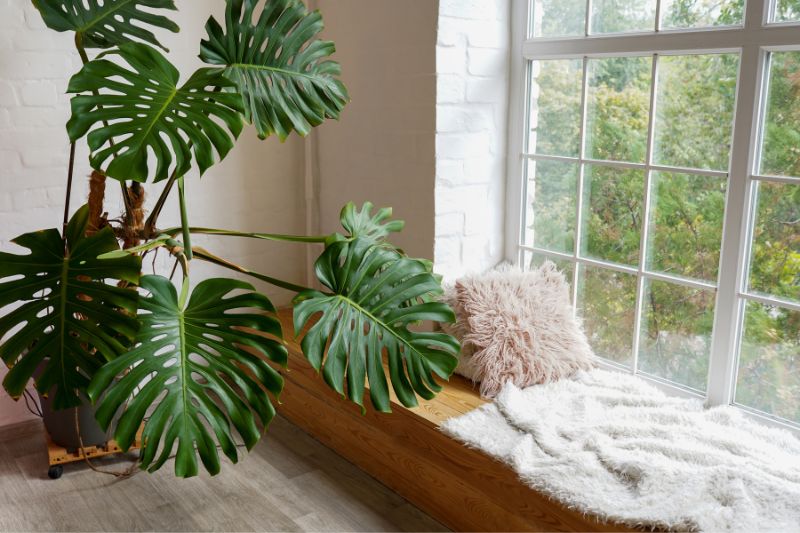
Table of Contents
The Optimal Temperature Range for Monstera
Being native to tropical rainforests, your Monstera loves basking in temperatures between 60°F (15.5°C) and 80°F (26.7°C). The indoor conditions must mimic the stable, warm conditions of their natural habitat for them to thrive.
Indoor Temperature
Inside your comfy home or bustling office, your Monstera likes to stay cozy within that optimal temperature range we talked about. Just like us, they can deal with the usual indoor temperature changes between day and night or when your AC or heating kicks in. But watch out for sudden chills or heatwaves, they’re not fans of dramatic temperature shifts!
Outdoor Temperature
If you’re lucky enough to let your Monstera chill outdoors, you need to know about your local weather scene. These plants can handle a little deviation from their comfort zone, but don’t forget they can’t stand frost, and temperatures below 50°F (10°C) could really hurt them.
Dealing with Temperature Extremes
Cold Stress
If it gets too chilly, your Monstera might show signs of stress like wilting, yellowing leaves, or even black edges on leaves. If your Monstera looks like it’s caught a cold, gently warm things up to their happy temperature range. Remember, sudden temperature shifts could be like a shock to them!
Heat Stress
Just like they can catch a chill, Monsteras can also get too hot and bothered. Watch for signs like wilting, leaves curling up, or brown, crispy patches that look like sunburn. If your Monstera’s having a hard time in the heat, cool things down gradually and maybe add some humidity because high temperatures can dry them out.
Temperature and Growth
Temperature affects how fast your Monstera grows. They get pretty active in warmer conditions just like back in their tropical home. But don’t forget, sunlight, water, and nutrients also play a big part in their growth story.
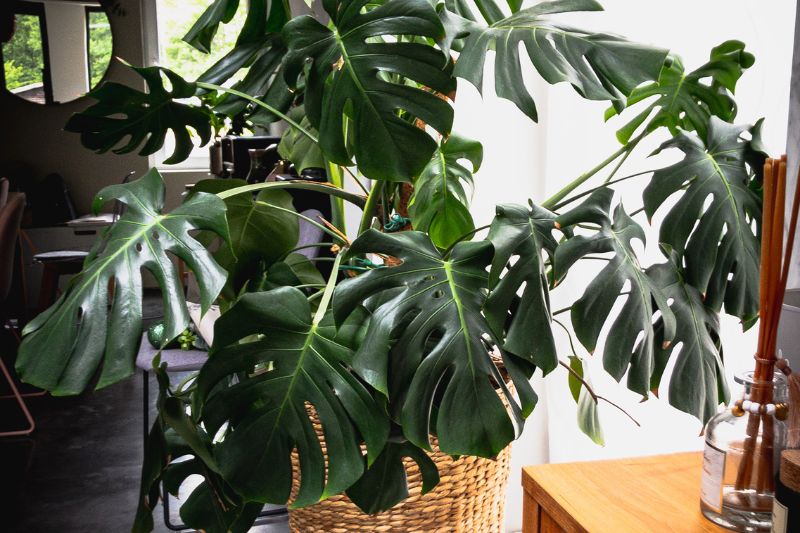
Pro Tips to Keep Your Monstera Comfy
Here are some quick and easy tips to help your Monstera enjoy their preferred temperatures:
- Keep an Eye on the Thermometer: Check your room temperature regularly. If it’s too hot or cold for your Monstera, adjust it accordingly.
- Watch Out for Drafts and Hotspots: Keep your Monstera away from drafty spots or places that get too hot, like near radiators or electronics.
- Consider a Humidifier: Monsteras love some good humidity, so if your place is kind of dry, a humidifier could be a big help.
- Insulation is Your Friend: Using thermal curtains or blinds can keep your Monstera cozy by blocking out winter cold or summer heat.
- Take it Slow: If you’re moving your Monstera around, do it gradually to avoid a temperature shock.
Frequently Asked Questions
Anything below 50°F (10°C). Monstera plants are sensitive to cold and can be damaged when temperatures drop. It is ideal to keep them in environments where the temperature remains above this threshold to prevent stress and damage to the plant.
Before temperatures drop below 50°F (10°C). To protect your Monstera from cold damage, bring it indoors when you anticipate consistent colder weather.
Move it to a warmer location immediately. If your Monstera gets too cold, transfer it to an indoor setting away from drafts and check for any signs of damage, such as wilting or blackened leaves. Trim damaged foliage and ensure it has sufficient light and humidity to recover.
Anything above 90°F (32°C) might be too hot. While Monstera can tolerate high temperatures, excessive heat can stress the plant. During extreme heat, adjust its environment to maintain a cooler temperature.
Wrapping it up
Remember, you’ve got this! Your Monstera just needs a little attention and care. Look out for signs like stunted growth, wilting or drooping leaves, yellow or brown leaves, scorched leaves, dry soil, dry leaf tips, and root rot.
If you spot any of these, your Monstera might be telling you it’s too cold or hot. Keep an eye on them and make the necessary changes, and you’ll have a happy, healthy Monstera for years to come.
Oh, and don’t forget to frequently clean your Monstera leaves, as dust can affect the photosynthesis process.

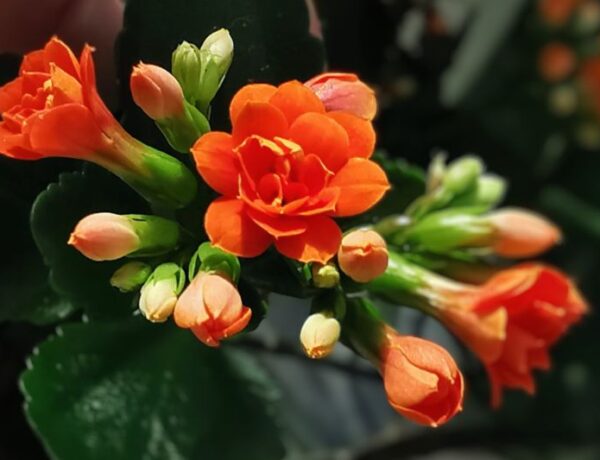
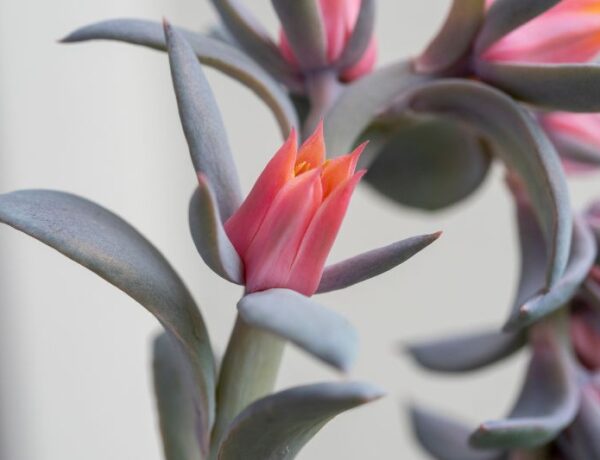
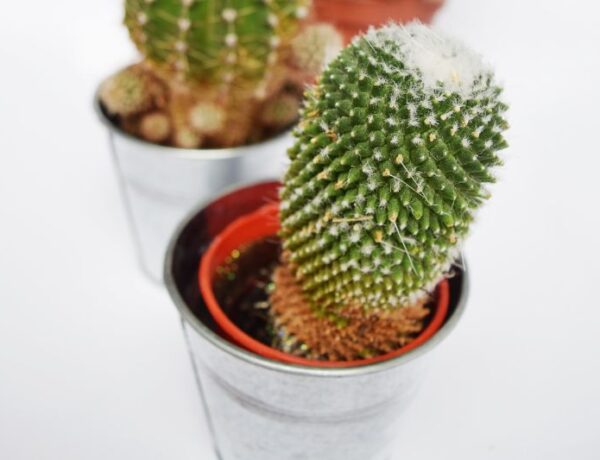


No Comments